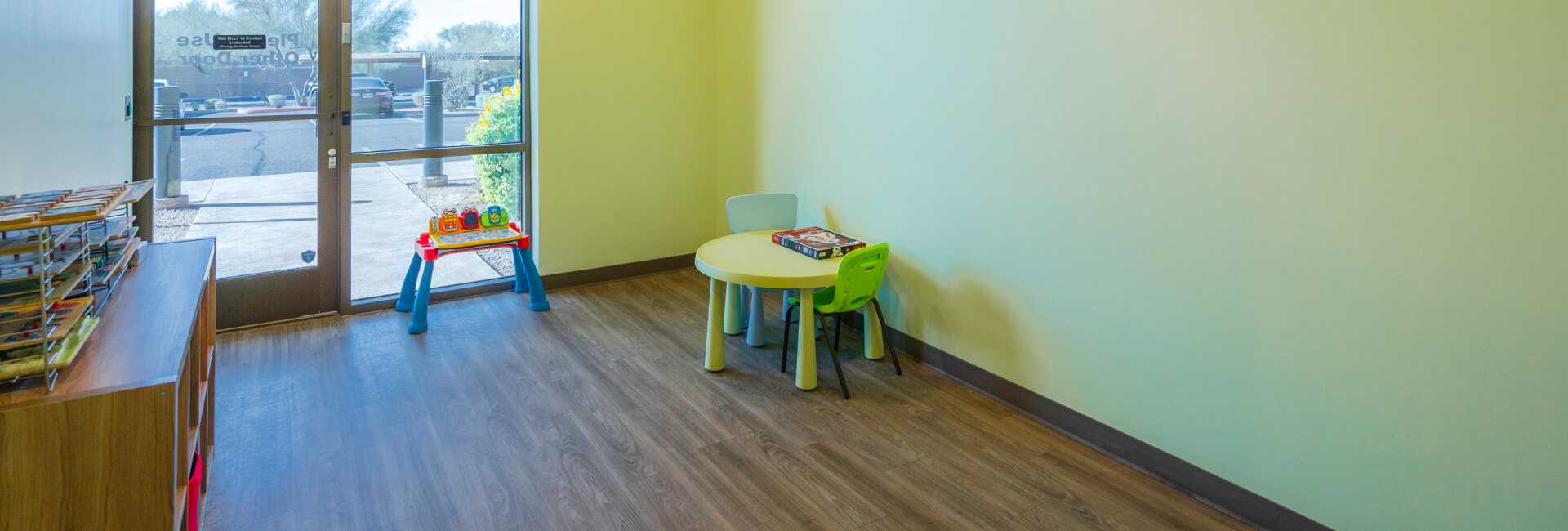Scottsdale Kindergarten Readiness Checklist
Is My Child Ready for Kindergarten?
Since all children develop and learn at different paces, it is important to remember that not every child will be able to master all of the skills “required” of them by the time he or she is of kindergarten age. Further, all kids will have certain areas they naturally excel at and others that take more time and effort. Your child may be excellent at reciting letters, numbers and names, but might struggle with the concept of sharing and taking turns. The purpose of kindergarten is to help these social skills grow. It should not be a cause for concern if your child is lacking in a certain skill, but rather kindergarten (and preschool, if you are at a great, learning-centered facility) should be an opportunity to reinforce areas of strength and get some concentrated work on other areas so that he or she can be as well-rounded as possible before beginning grade school.
That being said, there are however some standard indicators that your child may be ready to take the next step and begin school at a Scottsdale kindergarten, which we have listed below.
Self-Help
Parents everywhere can attest to the fact that sometimes it is quicker, less messy and downright easier to just do everything for your small child. But taking the time to allow young children to get the hang of doing things on their own is an important and practical area of development, both before and during the kindergarten year. When assessing your child’s kindergarten readiness, ask yourself these questions:
- Can your child dress themselves in the morning?
- Is your child able to wash their hands?
- Can they clearly communicate that they need to use the restroom or uses the restroom independently?
Language/ Literacy
Your kid being able to communicate clearly has obvious implications for going to kindergarten — their teacher and classmates need to be able to understand what they are saying. But did you know that early language skills are also linked to reading comprehension later on? If you can answer yes to most or all of these questions, you may be well on your way to having a verifiable bookworm in the family!
- Can they notice a subtle difference between words (dog/log)?
- Can they say their first and last names?
- Does your child attempt to write and spell their name?
- Do he or she use sentences with at least 5-6 words?
- Can they follow simple 2-3 step instructions?
- Does your preschooler know letters and letter sounds?
- Do they show an interest in books?
Emotional and Social Interactions
Kindergarten is a big deal because, for many children, it may be the first time that they are interacting with peers and adults outside of their immediate family, especially without a parent tagging along. Kids who attended preschool first may have an upper hand when it comes to some of these considerations, but if your child has stayed home up until now, don’t worry! There are plenty of things you can do to build these emotional and social skills at home, and kids are amazing in their ability to catch up.
- Can they direct their attention to adults and teachers when prompted?
- Does he or she recognize and respond to the feelings of their peers? (ex: comforting a sad friend or classmate)
- Are they willing to explore and try new things both independently and with peers?
- Does your child understand the importance and concept of sharing and taking turns? It is typical for execution on this point to be lacking for many young children, don’t worry!





